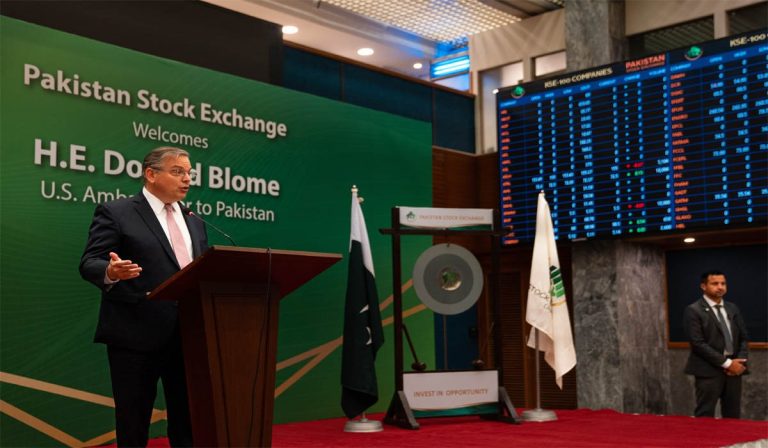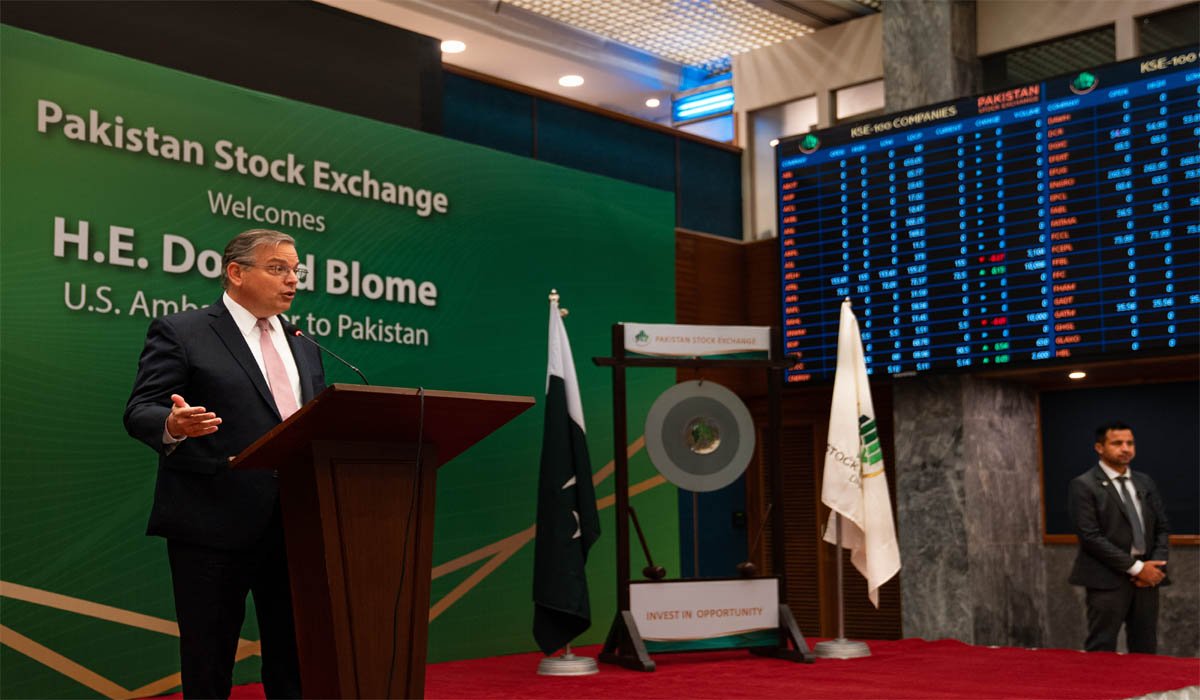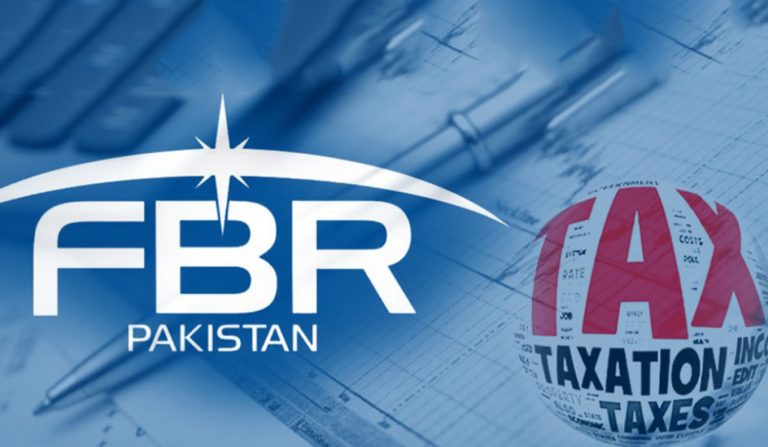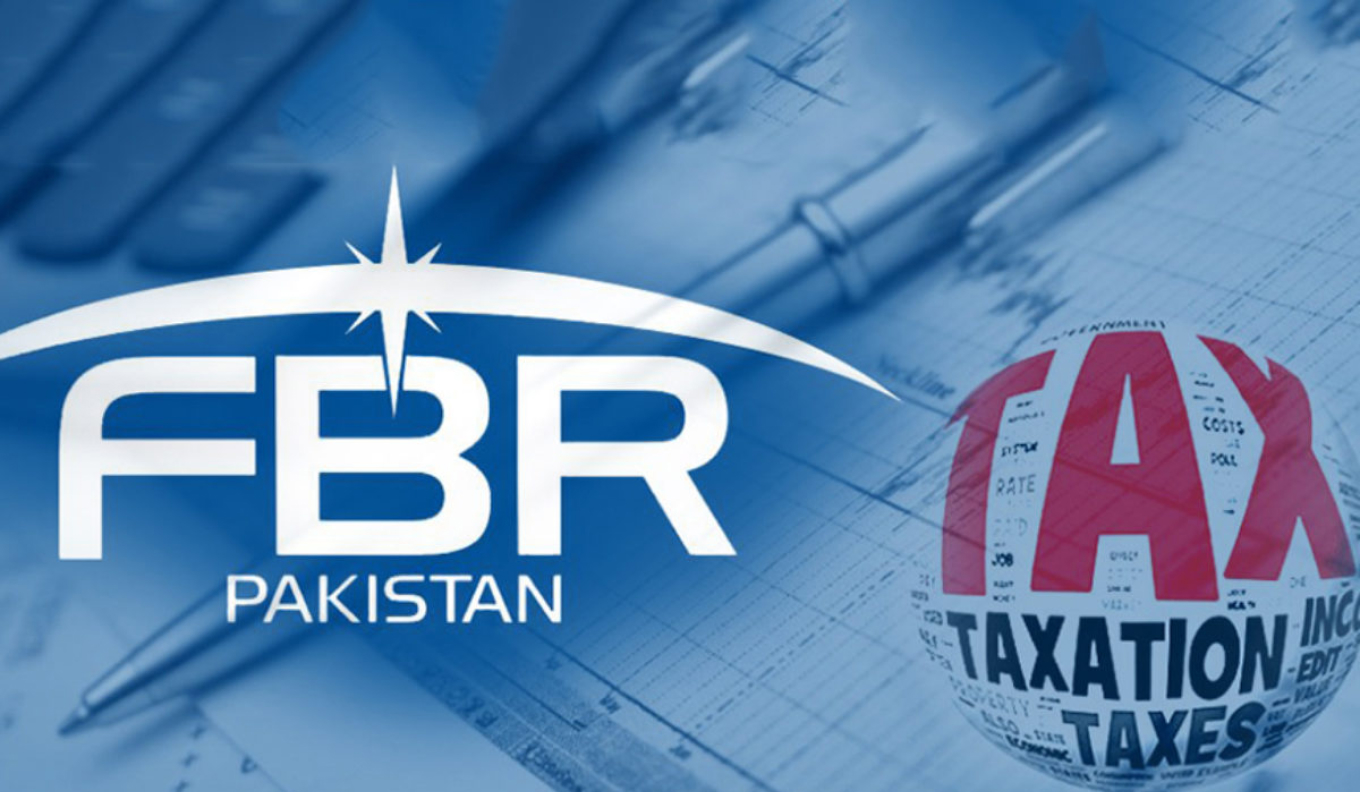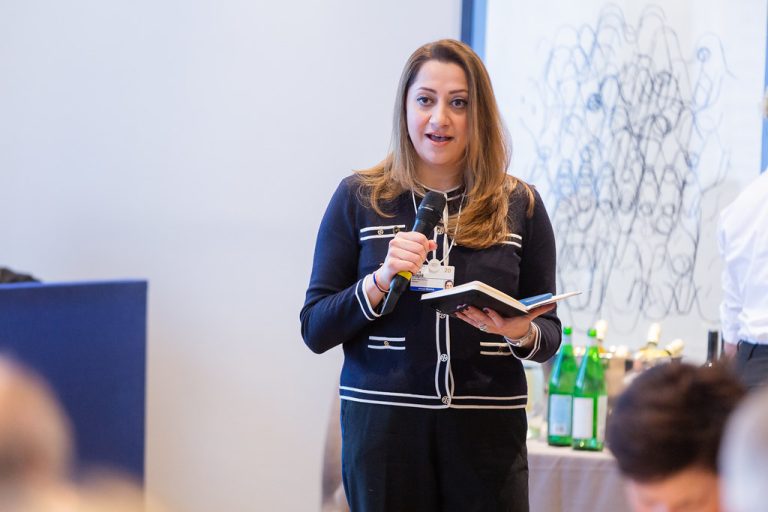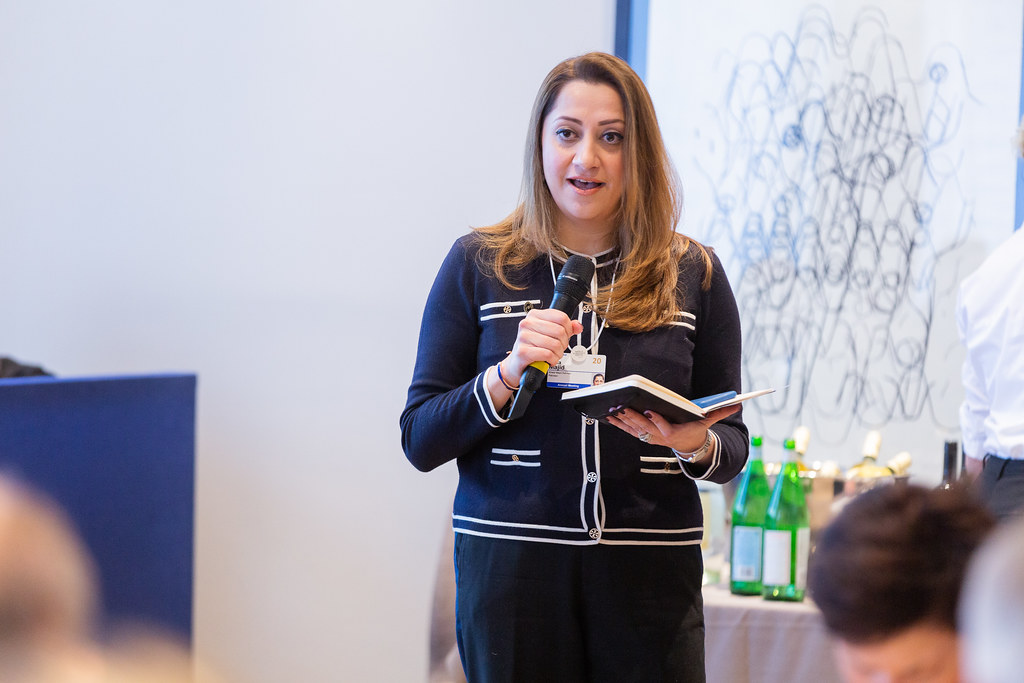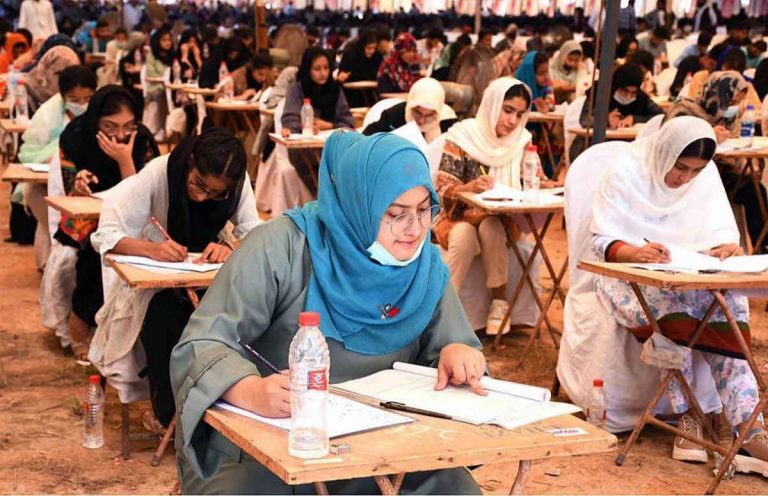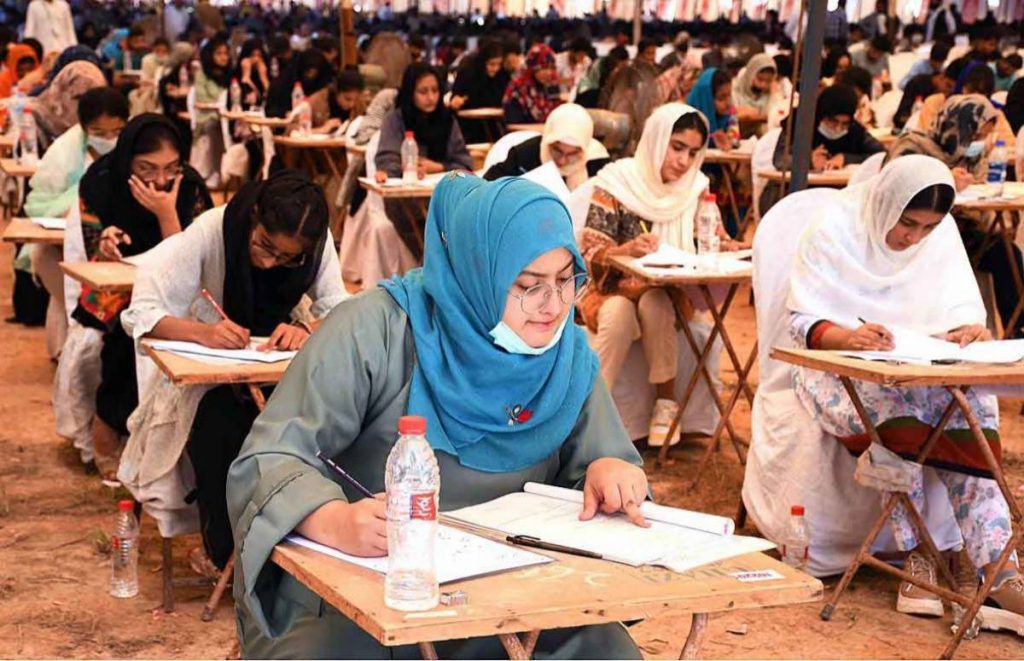US-Pak Investment Promotion Activity launch to boost bilateral trade.
At a ceremony held here, the IPA project was unveiled in recognition of “Global Entrepreneurship Week.” It is a five-year project that will be carried out by the United States Agency for International Development (USAID).
It will improve Pakistan’s business climate, increase the capacity of Pakistani institutions dedicated to promoting investment, draw in foreign direct investment, and boost bilateral trade and investment between the US and Pakistan.
The project’s overall goal is to strengthen Pakistan’s capacity for investment promotion in order to lower trade and investment obstacles.
Additionally, the project will offer incentives to Pakistani-registered businesses that are eager to expand their trade with the United States and have the potential to draw in foreign direct investment. These awards will be crucial in establishing connections between Pakistani businesses and investors in the US and other nations.
The US has been a major investor in Pakistan for the past 20 years, and US investment in Pakistan is at its greatest level in more than a decade, according to Ambassador Blome, who spoke on the occasion about the potential for bilateral trade between Pakistan and the US.
“We are always working to grow bilateral trade, promote investment, and improve entrepreneurial and educational prospects for Pakistanis,” he added. “We are building on and strengthening that solid basis of economic cooperation.”
Blome informs APTMA officials and members that the United States wants to expand trade with Pakistan
As part of the US government’s long-term commitment to assisting Pakistanis in securing a more prosperous future, USAID is collaborating closely with the Pakistani government to improve governance, streamline business practices, encourage regulatory reforms, and foster competition with the aim of reducing transaction costs and enhancing the investment climate for foreign investors in Pakistan.
The newly created initiative, according to the ambassador, will foster possibilities for increased trade and investment between American and Pakistani companies.
He said that the US and Pakistan have a long history of working together on projects including infrastructure, energy, and agriculture, and he added that efforts are being made to expand this relationship.
According to him, women in Pakistan are still the most underutilized resource that must be used for the stability of the economy of the nation by providing economic possibilities like entrepreneurship.
With room for expansion, the United States has long been Pakistan’s main export market. The US Census Bureau estimates that in 2021, the US bought items from Pakistan worth roughly $5.3 billion and that US investments in Pakistan increased by 50% in the previous year.
Dr. Pasha praised the IPA project in her remarks, noting that it will benefit local businesses in addition to fostering trade between Pakistan and the US. She claimed that there is a lot of room to improve ties with the US.
In addition to trade and investment, she stated that there is a need to advance in the services industry, notably the IT sector, which has a wealth of prospects for foreign investment.
She continued by saying that Pakistan’s greatest resource is its potential human population
Pakistan, especially in the special economic zones (SEZs), provides an atmosphere that is favorable for international investment and added that terrorism is no longer a problem.
She said that the present administration’s first objective is ensuring economic stability, and to that end, it is working with the IMF and other international financial organizations to get the nation’s economy back on track.
She referred to the nation’s tourism as an important sector where the government has concentrated its efforts on the infrastructure and the hospitality industry in an effort to draw in international visitors.
The government is dedicated to doing everything it can to support Pakistan’s destinations for religious tourism, she continued.
Farrukh Mehboob Khan, the Chief of the Party for USAID’s IPA, underlined the program’s goals in his remarks, stating that it intended to lower firms’ costs by providing subsidies and making it easier for their goods to enter the US market.


